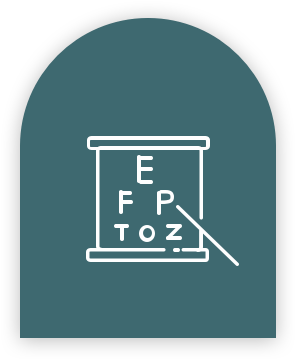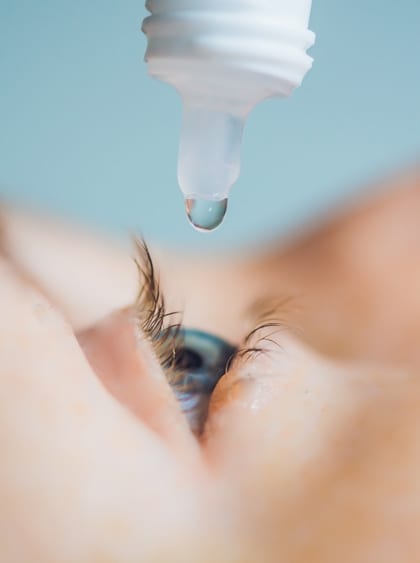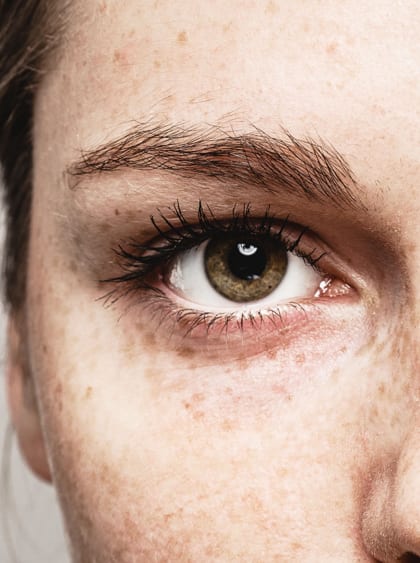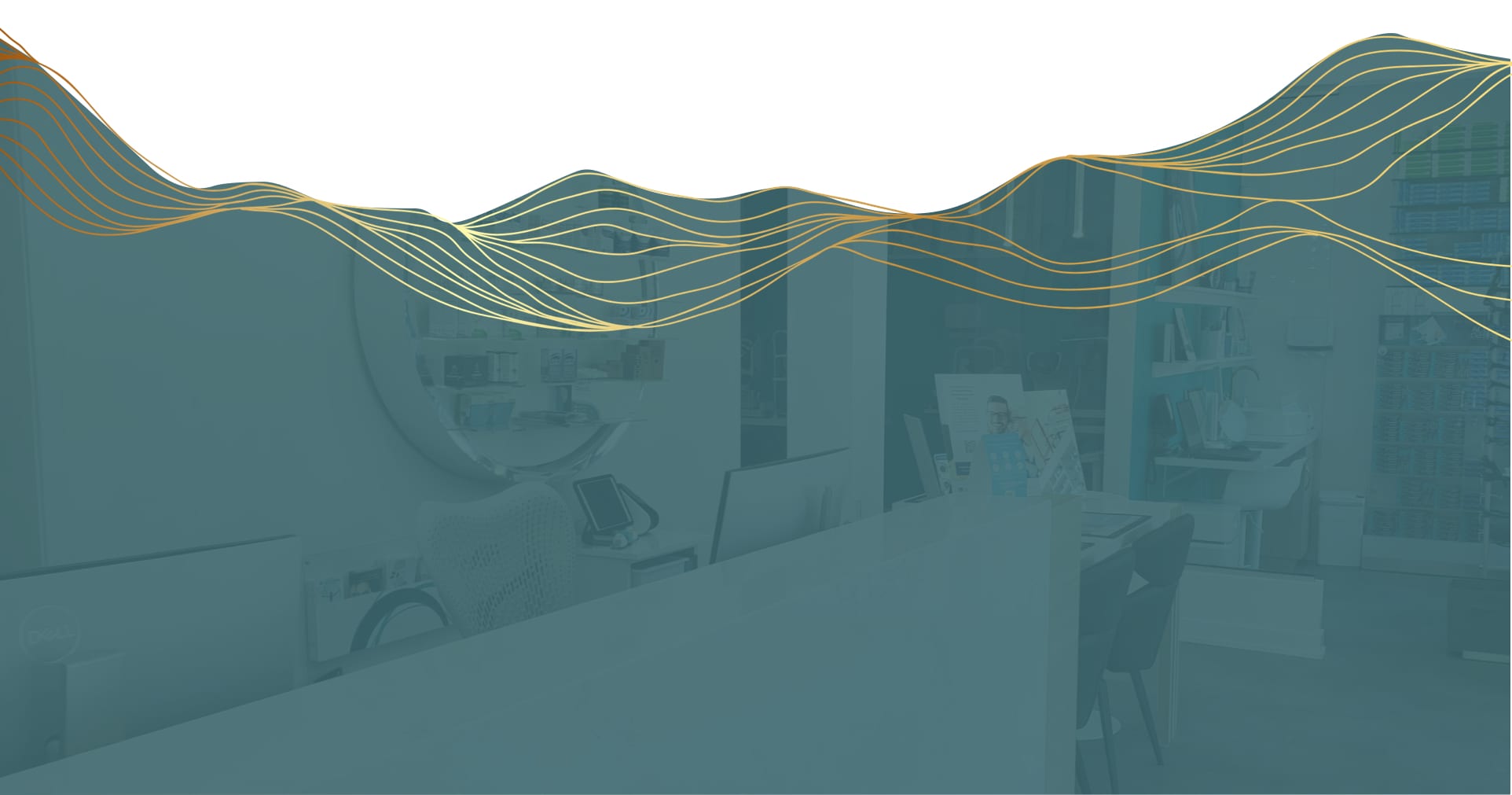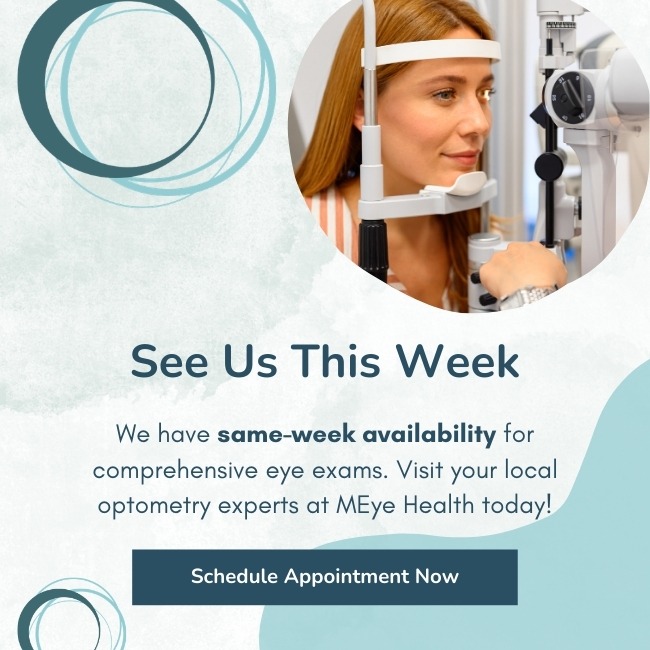Glaucoma is a serious eye condition that’s a severe threat to vision. Unfortunately, symptoms of glaucoma don’t manifest immediately. Rather, individuals will experience symptoms as the condition advances, making routine eye exams vital for early detection and effective treatment.
Certain factors can lead to a higher risk of developing glaucoma:
- Alcohol Consumption
- Genetics
- Intraocular Pressure
Understanding how these factors play into glaucoma’s development can encourage individuals to take proactive steps toward improving and maintaining eye health.
Understanding Glaucoma
Glaucoma is a group of eye conditions that damage the optic nerve. This damage is usually caused by abnormally high pressure in your eye. Glaucoma is one of the leading causes of blindness for people over the age of 60, but it can affect people of all ages.
Glaucoma generally develops due to changes in the eye’s drainage system leading to an increase in intraocular pressure (IOP).
Fluid, known as the aqueous humor, maintains the shape of the eye and is responsible for maintaining intraocular pressure and providing nutrients to the eye. This fluid must flow freely in and out of the eye through a mesh-like channel. If this channel becomes blocked, liquid builds up over time, resulting in high IOP.
Early on, there may be no symptoms. This is why glaucoma is often called the “silent thief of sight.” However, as the disease progresses, symptoms such as the following may appear:
- Eye pain
- Blurry vision
- Severe headaches
- Nausea and vomiting
- Patchy blind spots in your peripheral vision
- Tunnel vision in the advanced stages
Increased eye pressure is a significant risk factor in developing glaucoma, but this condition can still develop when pressures are normal. Other underlying issues that affect optic nerve health include:
- Aging
- Genetics
- Environmental influences
- Ocular trauma (eye injury)
How Glaucoma Affects Vision & Eye Health
Glaucoma affects the eye by increasing IOP. Over time, this elevated pressure can gradually damage the optic nerve, which is responsible for transmitting visual information from the eye to the brain.
This damage may not present immediate symptoms, which is why many individuals are unaware they have this condition until it progresses. Initially, glaucoma affects peripheral vision, which patients may not notice until the disease advances, leading to tunnel vision and ultimately vision loss if it remains untreated.
We can picture the progression of glaucoma by looking through a tunnel. Gradually, the sides of your field of view will fade away, leaving only a narrow central view.
Therefore, glaucoma is a serious eye condition that can lead to irreversible vision loss if it’s not monitored, treated, or detected too late. Once vision is lost, it cannot be restored.
Since symptoms of glaucoma don’t present during its early stages, early detection through routine eye exams is vital. Treatments are more effective when glaucoma is caught early, and further damage can be prevented when monitored by your optometrist.
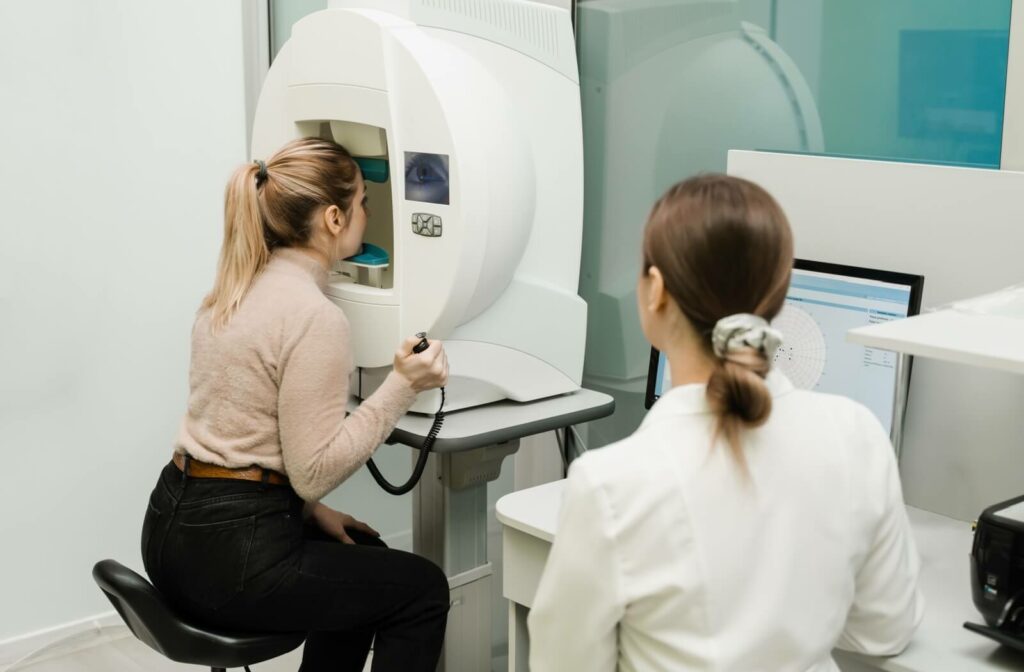
Risk Factors for Developing Glaucoma
Having one or more of these risk factors doesn’t mean developing glaucoma will be inevitable, but it can increase your chances. Mitigating these factors and visiting your optometrist for routine eye exams can lower your risk.
Alcohol Consumption
Alcohol consumption has been studied as a potential risk factor for glaucoma.
A systematic review of the literature found:
- 10 studies suggest regular alcohol consumption is associated with higher IOP.
- 26 studies report an association between alcohol use and open-angle glaucoma.
Further research is still required to better understand this link, but data does present a harmful association between alcohol use, high IOP, and open-angle glaucoma.
Another study found that a short-term side effect of alcohol consumption includes temporary ocular hypertension and an increase in blood flow to the optic nerve, which can play a role in the development of glaucoma.
Ultimately, excessive alcohol use can exacerbate other risk factors, leading to poorer outcomes for overall eye health.
Individuals who are at risk for glaucoma, or have glaucoma, are highly advised to limit their alcohol consumption. Moderate drinking may not pose a significant risk to ocular health, but heavy drinking can worsen the condition. Excessive drinking can lead to an increase in IOP, further stressing the optic nerve and potentially exacerbating the disease.
It’s always best to consult with your optometrist to understand how lifestyle choices, such as alcohol consumption, can impact your eye health.
Family History
Genetics plays a significant role in the risk of developing glaucoma.
Those who have close relatives with glaucoma are at a substantially higher risk of developing the condition themselves.
This increased susceptibility is attributed to inherited genetic variations that can affect the structure and function of the eye, including the optic nerve and aqueous humor drainage mechanisms.
Certain gene mutations have been specifically linked to various forms of glaucoma.
Plus, genetic predispositions can interact with environmental factors, like alcohol consumption, further complicating the risks.
Knowing your family’s medical history is a privilege. When your optometrist is aware of known eye conditions in the family, they can closely monitor the onset of these conditions.
Intraocular Pressure
Elevated IOP is the most significant risk factor for glaucoma which is why maintaining a balanced IOP is vital for reducing the risk of developing glaucoma and slowing its progression in those already diagnosed.
Certain conditions can lead to an increased IOP, including:
- Ocular Hypertension: Higher-than-normal eye pressure without other symptoms.
- Eye Trauma: Injuries that affect eye structure.
- Medications: Steroids, for example, can increase IOP.
IOP and ocular hypertension are related but not the same. IOP refers to the pressure inside the eye while ocular hypertension is a condition characterized by elevated IOP that exceeds the normal range.
While elevated intraocular pressure (IOP) is the most well-known risk factor for glaucoma, it’s not the only contributing factor to the development of the disease. Individuals with normal IOP can develop glaucoma, suggesting that other underlying mechanisms, like genetics and lifestyle, can play a role.
Schedule an Appointment
Glaucoma is a silent yet severe threat to vision, particularly for those at higher risk due to genetic factors or lifestyle choices like alcohol consumption.
Routine eye exams are key for preventative care and can help detect potential eye concerns, like glaucoma, early. Connect with our team at MEye Health to schedule an appointment.



